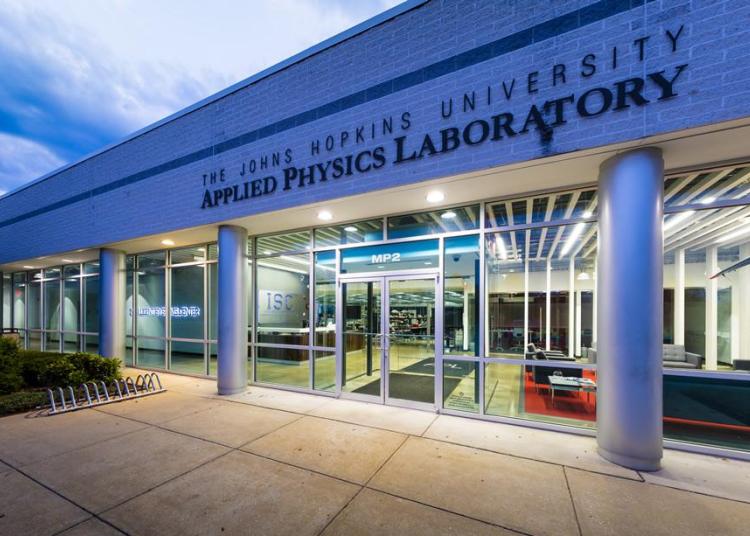Scientists studying the genetic code of the new coronavirus say it does not appear to be mutating rapidly. This suggests that any vaccine developed against that virus is likely to remain effective in the long term.
Peter Thielen, a molecular geneticist at the Johns Hopkins University Applied Physics Laboratory, told The Washington Post that the strains of the virus that are infecting people in the United States have only four to ten genetic variations from the strain that emerged in Wuhan, China.
“This is a relatively small number of mutations because of having passed through a large number of people,” he told the Post. “Based on the mutation rate, early data indicates that this would likely be a single vaccine rather than one that needs to be updated each year, like the flu shot.”

Thielen compared the eventual vaccine with those used for diseases like chickenpox or measles, which generally immunize patients in the long term.
In contrast, “influenza has a trick up its sleeve that the coronaviruses don’t have: the influenza virus genome is divided into several segments, each encoding a gene,” Stanley Perlman, of the University of Iowa, said to The Washington Post.
“When two influenza viruses are in the same cell, they can swap some segments, potentially creating a new combination instantly: this is how H1N1 swine flu originated.”
“So far, we have no evidence linking a specific virus [strain] to any disease severity score,” Thielen said. “Right now, the severity of the disease is much more likely to be due to other factors.”










